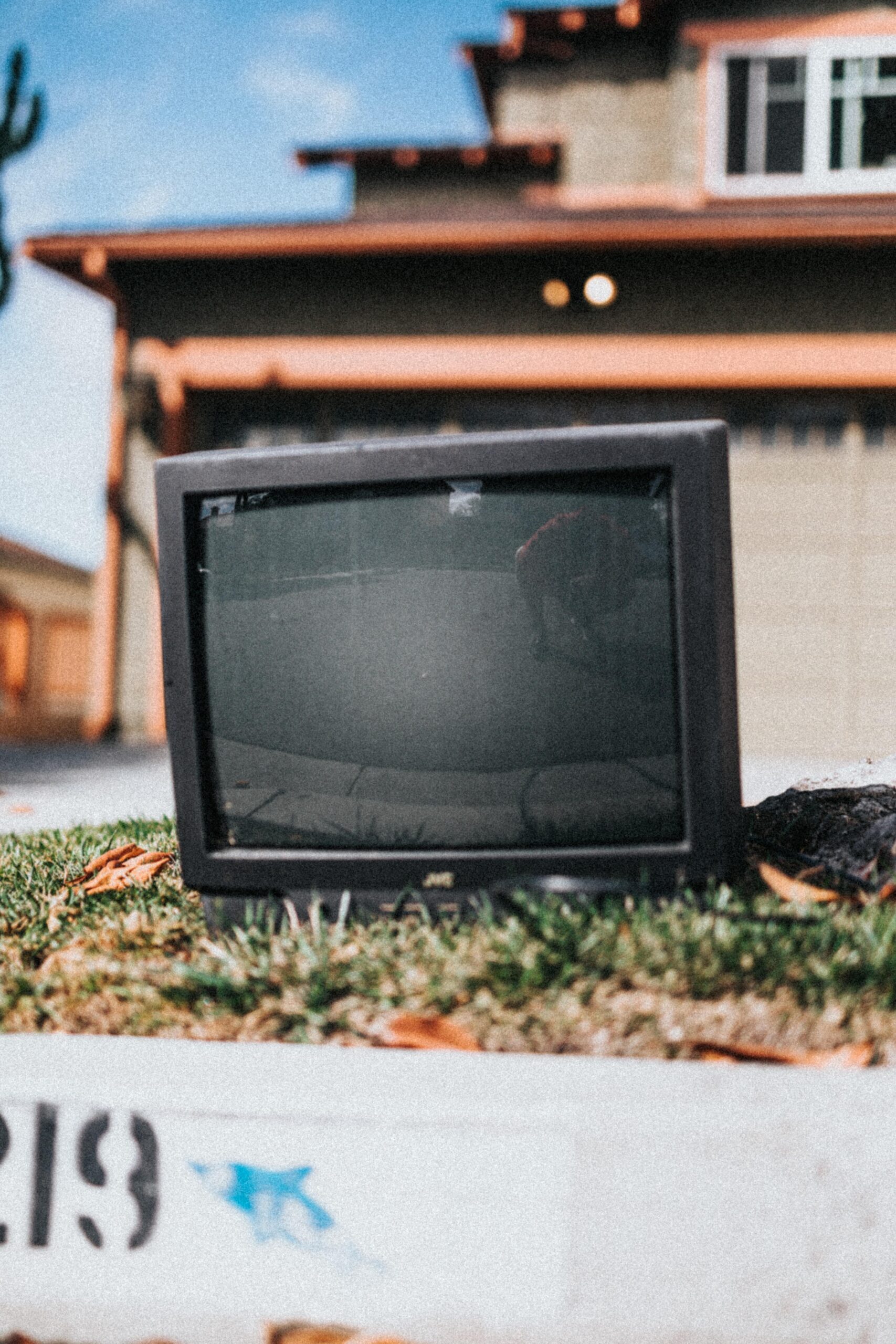On 1 June, a new academic year began in Kerala, amidst COVID-19 measure. Lakhs of students from class one to twelve sat before the TV sets to attend the first day of ‘First Bell’ online classes.
The online classes were telecasted through the educational channel, IT@School VICTORS by Kerala Infrastructure and Technology for Education (KITE). Common telecast for class one to ten, with one subject, picked up for each class in a day. Kerala has 45 lakh students under the state board syllabus. TV sets in-home and smartphones were used to attend the classes.
However, according to a survey by the state, 2.42 lakh students do not have access to smartphones or TV at their home, leaving them out of the network of online classes.
At the same time, when the telecast started in the state, a class nine girl from an underprivileged background in Malappuram, set herself ablaze. Deceased girl’s parents said she was upset as the family did not have a smartphone, and their TV was not in the working condition due to which she couldn’t attend the classes.
This incident triggered a mass donations movement in the state to help students get access to the online school. People across all part lines and Whatsapp groups (which involved businesses, alumni association, the government, MLAs & MPs) came together to bring the school to as many as possible and arrange common study rooms in remote villages.
“This unprecedented intervention has helped reduce that number to 1.20 lakh. In the case of others, common classrooms have been arranged and are on track from Monday. Within the last two weeks, we have ensured that online classes reach every school student in the state,” says the state’s Sarva Shiksha Abhiyan project director Dr A P Kuttikrishnan, The Indian Express reported.
Kerala launched a “TV Challenge” campaign to donate TV sets to underprivileged children so they can attend the classes. The Students’ Federation of India collected 3,228 TV sets from all across the state. In some villages, Whatsapp groups and alumni associations raised money to buy smartphones or TVs.
Besides, the government allowed MLAs to use local development funds to buy TVs and laptops for children with no access. Local self-governing bodies also stepped in to help the government reduce the number of people without access to TVs and smartphones.
Villages in Kerala have at least one common centre, be it a reading room or sports clubs. Teachers help in arranging TV sets from nearby schools in these common centres. In remote villages, common centres help thousands of students attend the classes.

